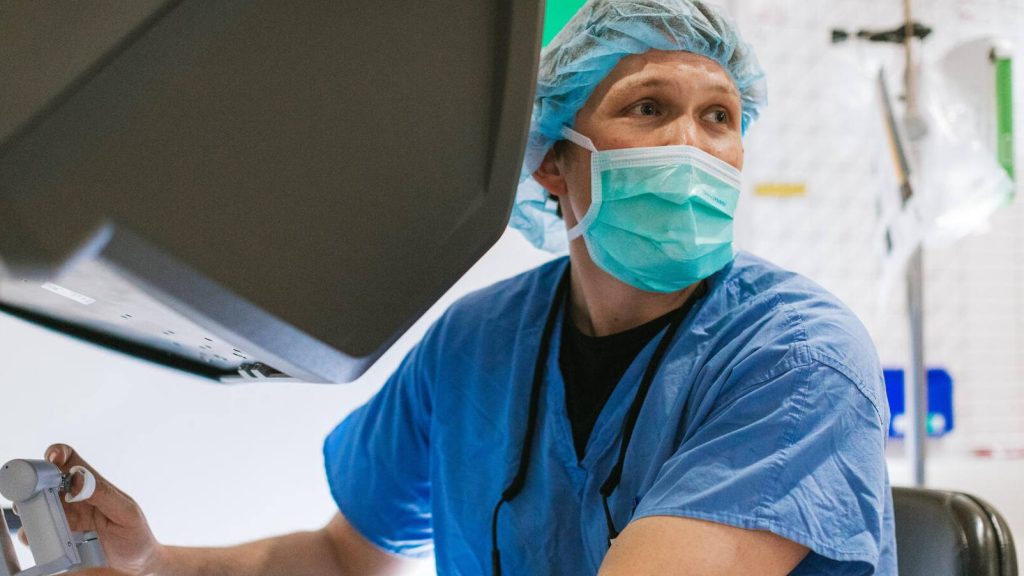-
Cancer
Mayo Clinic Minute: Advances in treating kidney cancer
Kidney cancer is one the most common cancers in the U.S., with over 81,000 new diagnoses in 2023 alone. Mayo Clinic sees a high volume of kidney cancer cases and is among the most experienced institutions in treating kidney tumors.
In this Mayo Clinic Minute, Dr. Aaron Potretzke, a Mayo Clinic urologist, explains how advances in diagnostics and treatment have made kidney cancer more treatable than ever before.
Journalists: Broadcast-quality video (0:59) is in the downloads at the end of this post. Please courtesy: "Mayo Clinic News Network." Read the script.
Most kidney cancer is discovered at an early stage when the cancer is small and confined to the kidney.
"Many patients are diagnosed coincidentally by imaging of the abdomen with a small renal mass, and they have a lot of options," says Dr. Potretzke.
The surgical approach to kidney cancer has shifted over the years to preserving as much of the healthy kidney as possible. Mayo Clinic has adopted some of the most advanced techniques, such as use of robotics.

"There is a focus, when it's safe and feasible, to removing just the tumor and leaving as much of the normal kidney behind as possible. Doing so is associated with increased long-term kidney function," says Dr. Potretzke.
Another option is to perform an ablation.
"They (radiologists) can stick a series of needles into the tumor and freeze it, or microwave it to death, and destroy the tumor while maintaining the normal, healthy kidney. And there is a fair bit of evidence that, in the correct patient, each one of those strategies can be really successful," says Dr. Potretzke.
Because many kidney tumors found early are relatively low risk, a third option is to keep a close eye on it, which is called active surveillance.
"Not everyone is a suitable candidate, but for patients with smaller renal masses, the risks of treatment may actually outweigh the potential benefits," adds Dr. Potretzke.







